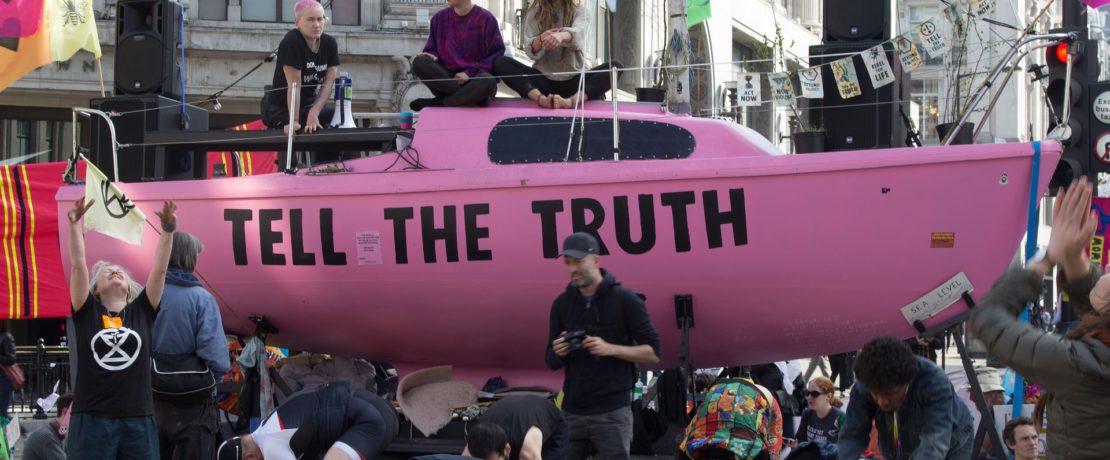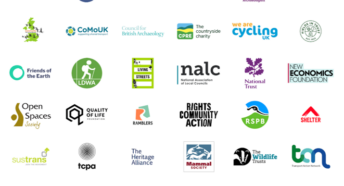Did you know… the UK was first to enact legally binding carbon budgets?
Back in 2008 the UK enacted legally binding carbon budgets in the Climate Change Act and increased this commitment from 80% reduction to a 100% reduction (otherwise known as Net Zero) in 2019. Despite these commitments and the Paris Agreement of 2015 it’s becoming clear that to hit targets of Net Zero by 2050 there is much work to be done.
The Government has pledged that this country will reach Net Zero by 2050. This was in order to deliver on the UK’s commitments made when signing up to the Paris Agreement in 2015. Net Zero basically means that the volume of harmful emissions that we release will equal those that we remove from the atmosphere. The release of greenhouse gases through human activity, and combustion of fossil fuels in particular, has led to global warming and climate change with increasingly devastating consequences for life on the planet.
We were the first country in the world to enact legally binding carbon budgets in the Climate Change Act 2008, and in 2019 we upped our commitment from 80% reductions to 100% or Net Zero by 2050. The Climate Change Commission (CCC) is the statutory body that advises the government on how to tackle climate change and has warned that we are not on track to meet our carbon budget targets by 2050. The sense of urgency has been ramped up by the war in Ukraine, the energy crisis, soaring costs of living and by news of the catastrophic collapse in biodiversity. The Natural History Museum revealed in 2021 that almost half of Britain’s biodiversity had been lost since the beginning of the industrial revolution, making us the worst country of any in Western Europe.
A climate emergency
In May 2019, Parliament declared a Climate Emergency and in doing so accepted one of Extinction Rebellion’s key demands, following mass civil disobedience, which had brought central London to a complete standstill over that Easter weekend. Remember the pink boat ‘moored’ in Oxford Circus and a car-free Waterloo Bridge populated by people and plants? Police cells were filled with over 1,000 people from all walks of life arrested for peacefully protesting against the Government’s inaction following the latest UN Intergovernmental Panel on Climate Change (IPCC) Report. Dozens of cities and councils across the country quickly followed suit by declaring a Climate Emergency including Surrey County Council, an early adopter, in July of 2019.
Surrey’s Climate Change Strategy ‘A Greener Future for Surrey’ states: The public declaration of a net zero carbon target commits all local authorities in Surrey to tackling climate change across every aspect of our service provision and estate, in conjunction with action by Surrey residents, businesses and partners. This is not only the right thing to tackle the climate emergency for future generations, but also a significant opportunity to increase our energy efficiency, improve our resilience and deliver a greener, healthier society.
County Councillor Marisa Heath is the Cabinet Member for Environment and Climate Change Decisions with responsibility for the delivery plan setting out the necessary actions to achieve Net Zero in Surrey by 2050.
Too little, too late?
While our national and local politicians are making all the right noises, it may already be too little too late. In January Baroness Brown, Chair of the CCCs Adaption Committee said about the Government’s Climate Change Risk Assessment that: “..agreeing on the risks is one thing – taking action to address them is another. Building resilience to a cocktail of climate impacts facing our country, including flooding, drought, heat exposure and extreme weather events, is a mammoth task and we’re falling well behind. We look forward to seeing the Government’s action plan to shift the dial and deliver a well-adapted UK.”
And just as the Government was challenged in the Courts over its failure to tackle air pollution and exceeding EU legal limits, Client Earth and the Good Law Project have a hearing date for a new judicial review. This time for breaching our own legal obligations under the Climate Change Act to reduce emissions enough to meet our carbon budgets or Net Zero by 2050.
The protests over the lack of action will continue so long as the goal of achieving net zero slips further from our grasp. At the time of writing this article, António Guterres Secretary General of the UN tweeted: “Climate activists are sometimes depicted as dangerous radicals. But the truly dangerous radicals are the countries that are increasing the production of fossil fuels. Investing in new fossil fuels infrastructure is moral and economic madness.”
If you are interested in helping us protect and celebrate the Surrey Countryside discover how you can get involved here.









